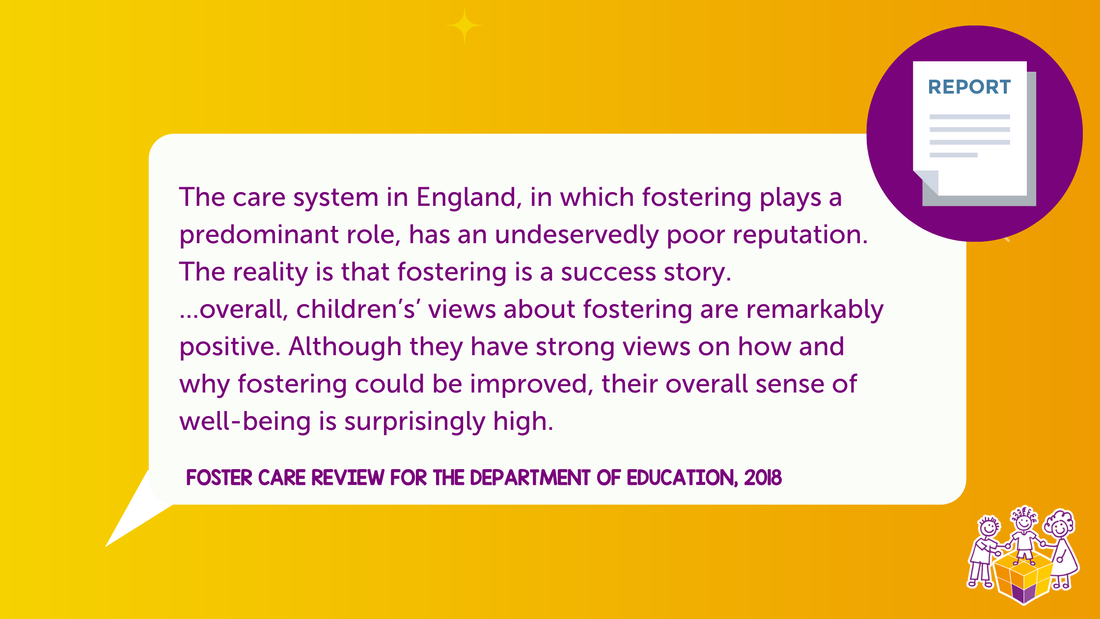|
If you're new to fostering, don't worry. We're here to guide you and give you a brief introduction by answering four key questions. If you have more questions, you can contact our team or keep reading through our blog and website for more information.
1. Why foster? Because fostering a necessary, successful, and transformative way to care for children who need it. In England there are over 57,000 children currently in foster care being cared for by over 45,000 foster carers. This number of carers is not sufficient to meet the need and every day the need increases as more children come into care. 2. Why do children need foster care? Children need foster care for various reasons depending on the type of fostering. Short term and emergency fostering is a type of fostering that allows the local authorities to accurately assess a child's home environment to determine if it is safe for the child and able to meet the child's needs. Long term fostering is sometimes the best solution for a child whom local authorities (and the court) have assessed as needing to be homed away from their natural family because their home environment is unsafe or unsuitable for meeting the child's needs. 3. Why can't the children stay with their natural or biological families? There are various reasons why local authorities decide to place children in care. These include various forms and levels of neglect and/or abuse, family breakdown or parental or child illness or disability. Local authorities try to ensure that where possible, families remain together. This can involve family strengthening interventions or requiring that changes be made in the home environment to ensure that it is safe and suitable for the children. Short term foster care allows changes to be made for family reunification. However, in some cases, this cannot happen. A look at news headlines will reveal that there are homes that are completely unsafe for children. Neglect and abuse have significant effects on children's development, quality of life and health, and sometimes can lead to death. Any suspicion of neglect and abuse is thoroughly investigated and if confirmed, it might necessitate the separation of the child from that environment. 4. If these children have been through so much, does fostering even make a difference? Foster care is not the only form of care for children in need of care and protection. However, for 70% of children in care, it is the most suitable form of care. It can have a profound effect on the negative outcomes related to early childhood adversity. Foster care can help children achieve positive outcomes in life. You can read more about fostering in the Review on Foster Care in England. Below are a few more myths about fostering that we've found
0 Comments
|
AuthorWrite something about yourself. No need to be fancy, just an overview. Archives
November 2022
Categories |


 RSS Feed
RSS Feed

